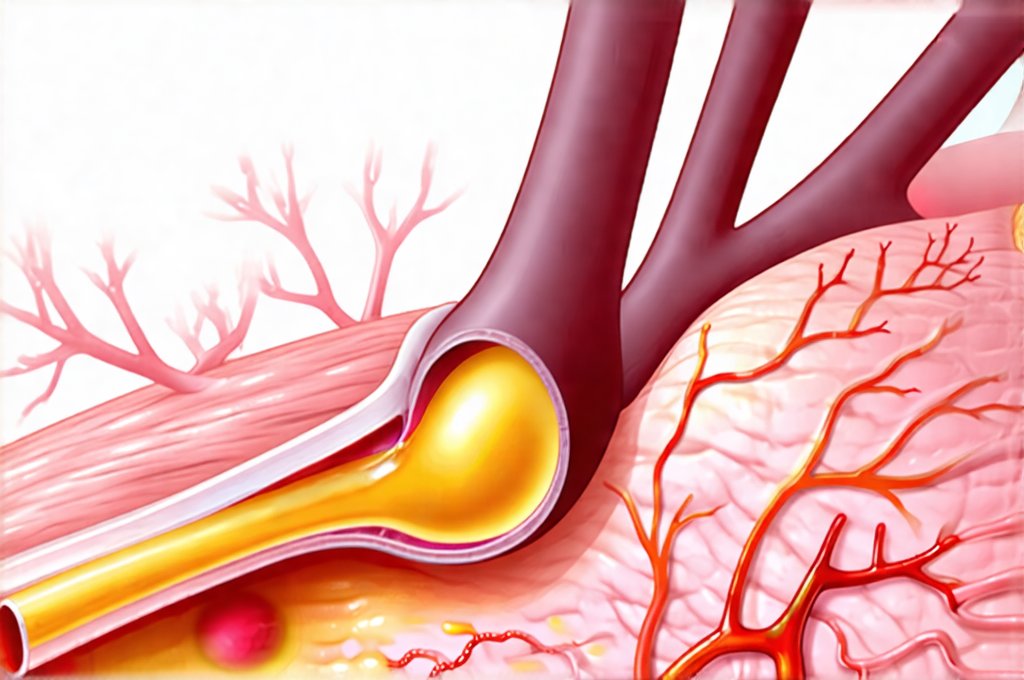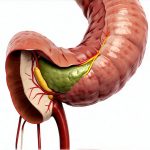That burning sensation in your chest after a meal – is it simply heartburn, an inconvenient but harmless part of life? Or could it be something more concerning lurking beneath the surface? Many people experience occasional acid reflux, dismissing it as a dietary misstep or stress-related discomfort. While often manageable with over-the-counter remedies and lifestyle adjustments, persistent or severe symptoms shouldn’t be ignored. Distinguishing between typical acid reflux and signs of underlying medical conditions can be tricky, but understanding the nuances is crucial for proactive health management. This article aims to explore those differences, providing information that empowers you to recognize when a doctor’s visit is necessary.
Acid reflux happens when stomach acid flows back up into the esophagus – the tube connecting your mouth to your stomach. This backward flow irritates the lining of the esophagus, causing heartburn, regurgitation (a sour taste in your mouth), and sometimes even difficulty swallowing. It’s a remarkably common experience; however, the frequency, severity, and accompanying symptoms are what differentiate occasional discomfort from potentially serious issues. Ignoring persistent reflux can lead to complications or mask more significant underlying health problems that require medical attention. It’s important to remember this isn’t about self-diagnosing – it’s about being informed and advocating for your own well-being. Perhaps a look at food sensitivities could offer some insight here as well.
Understanding Acid Reflux & GERD
Acid reflux itself is a normal physiological process, experienced occasionally by most people. However, when it becomes frequent or severe—happening more than twice a week—it may indicate Gastroesophageal Reflux Disease (GERD). GERD isn’t just stronger acid reflux; it’s a chronic condition that can damage the esophagus over time. This is due to repeated exposure to stomach acid. Left unmanaged, GERD can lead to complications like esophagitis (inflammation of the esophagus), esophageal strictures (narrowing of the esophagus making swallowing difficult), and even Barrett’s esophagus – a precancerous change in the esophageal lining.
The lower esophageal sphincter (LES) plays a vital role in preventing acid reflux. This muscular valve at the bottom of the esophagus should remain closed after food passes through, but can sometimes relax inappropriately, allowing stomach acid to creep upwards. Factors like obesity, smoking, certain foods (fatty or fried foods, chocolate, caffeine, alcohol), and even pregnancy can contribute to LES weakening or dysfunction. Lifestyle modifications are often the first line of defense against GERD, including dietary changes, weight management, elevating the head of your bed, and avoiding late-night meals. You might find it helpful to consider if travel constipation could be a contributing factor to digestive upset during travel.
While medication like antacids can provide temporary relief from acid reflux symptoms, they do not address the underlying cause of GERD. Proton pump inhibitors (PPIs) and H2 receptor antagonists are stronger medications that reduce stomach acid production but should be used under a doctor’s supervision due to potential long-term side effects. Effective management of GERD requires a comprehensive approach, combining lifestyle changes, medication when necessary, and regular monitoring by a healthcare professional. It’s also worth exploring whether gut symptoms might be linked to overall stress levels and burnout.
When Should You Be Concerned?
Often, the difference between “normal” reflux and something more serious isn’t about how it feels, but rather when, where, and with what other symptoms it occurs. Here are some red flags that warrant medical attention:
- Difficulty Swallowing (Dysphagia): This could indicate esophageal narrowing or a blockage.
- Persistent Hoarseness: Stomach acid can irritate the vocal cords.
- Chronic Cough: Reflux can trigger asthma-like symptoms and chronic coughing, especially at night.
- Chest Pain: While often mistaken for heartburn, chest pain should always be evaluated by a doctor to rule out heart problems. Don’t self-diagnose chest pain!
- Unexplained Weight Loss: This could indicate a more serious underlying issue, such as esophageal cancer.
- Vomiting Blood or Black, Tarry Stools: These are signs of bleeding in the digestive tract.
If you experience any combination of these symptoms alongside frequent acid reflux, it’s vital to consult your doctor. Don’t assume it’s just heartburn – a thorough evaluation is crucial for accurate diagnosis and appropriate treatment. A delay in seeking medical attention could allow serious conditions to progress undetected. Early intervention often leads to better outcomes. Understanding reactions can also help you differentiate between normal digestive processes and something more concerning.
Diagnostic Tools & Procedures
If your doctor suspects something more than GERD, they may recommend several diagnostic tests to pinpoint the cause of your symptoms. – Endoscopy: This involves inserting a thin, flexible tube with a camera attached into the esophagus to visualize the lining and check for inflammation, ulcers, or other abnormalities. Biopsies can be taken during endoscopy to further investigate any suspicious areas.
– Esophageal Manometry: This measures the pressure within the esophagus and assesses how well the LES is functioning. It helps identify problems with esophageal motility (the ability of the esophagus to move food down).
– pH Monitoring: This test measures the amount of acid in the esophagus over a period of time, typically 24 hours. It can help determine if reflux is occurring frequently and whether it’s related to specific activities or times of day.
These tests provide valuable information that helps doctors differentiate between GERD and other conditions causing similar symptoms. The results guide treatment decisions and ensure you receive the most appropriate care for your specific situation. Remember, a proper diagnosis is the first step towards effective management. It’s also important to consider if low iron levels could be contributing to fatigue or other related symptoms.
Beyond GERD: Other Potential Causes
While GERD is the most common cause of chronic acid reflux, several other medical conditions can mimic its symptoms or contribute to its development. These include:
- Hiatal Hernia: This occurs when part of the stomach protrudes through the diaphragm into the chest cavity. It can weaken the LES and increase the risk of acid reflux.
- Esophageal Cancer: Although rare, persistent heartburn and difficulty swallowing are potential warning signs of esophageal cancer. Early detection is crucial for successful treatment.
- Gastroparesis: This condition slows down stomach emptying, leading to bloating, nausea, and sometimes even reflux-like symptoms.
- Peptic Ulcers: Ulcers in the stomach or duodenum can cause abdominal pain and heartburn.
- Gallbladder Disease: Gallstones or inflammation of the gallbladder can sometimes lead to similar digestive discomfort as acid reflux.
It’s important to remember that self-diagnosis is never a substitute for professional medical advice. If your symptoms are persistent, severe, or accompanied by any red flags, consult a doctor to rule out these and other potential causes. A comprehensive evaluation will help identify the underlying issue and ensure you receive appropriate treatment. Considering constipation as a symptom can also aid in proper diagnosis.
This information is intended for general knowledge and informational purposes only, and does not constitute medical advice. It is essential to consult with a qualified healthcare professional for any health concerns or before making any decisions related to your health or treatment.


















